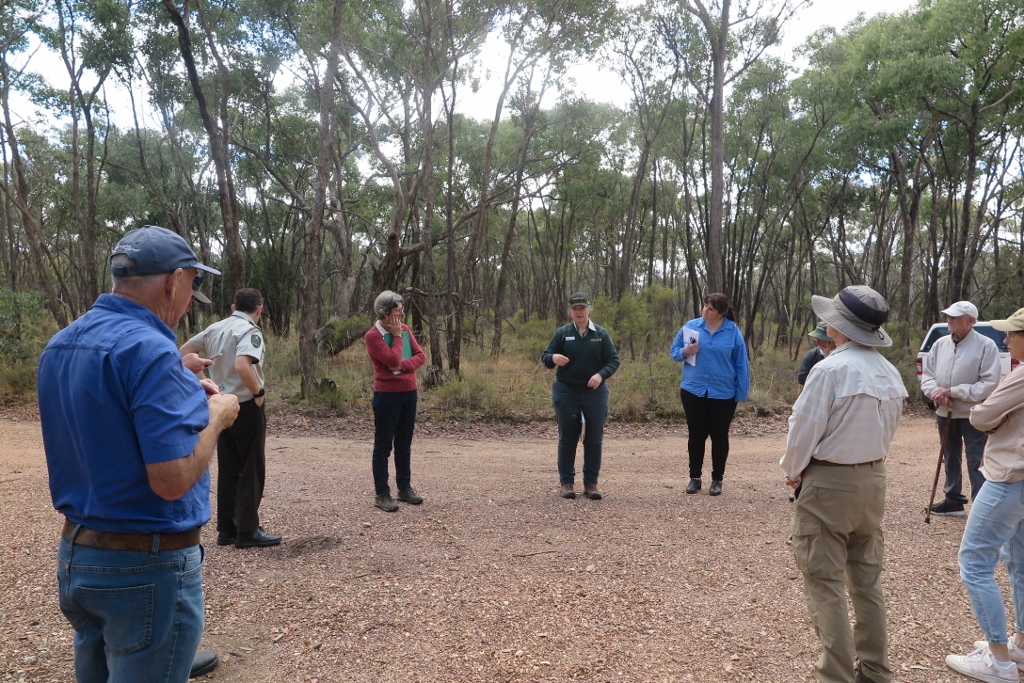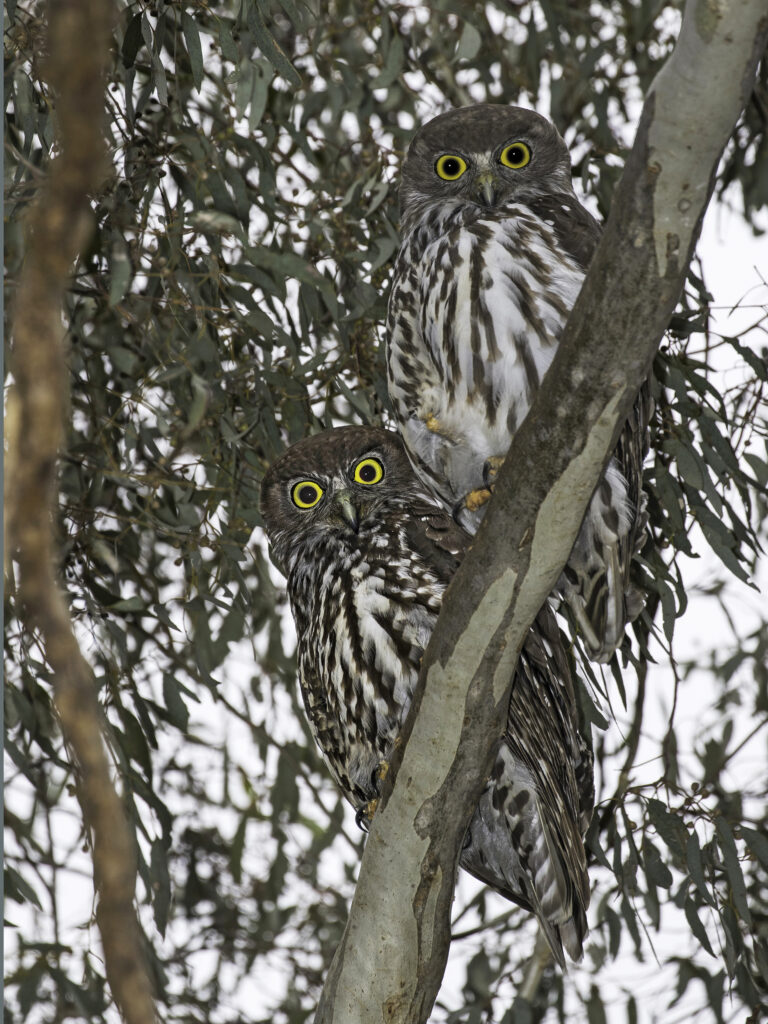Contact
Marie Jones (President)
Bernard Slattery (Secretary)
www.fobif.org.au/contact
info@fobif.org.au
0499 624 160
Organisations Involved
Friends of the Box-Ironbark Forests (FOBIF)
Themes
Advocacy and support by FOBIF centres on constructively critical interaction with Park managers on matters such as road management, ecological effects of management burning and weed control. FOBIF supports First Nations co-management of public land; prepares submissions and appears before planning panels and tribunals as appropriate; and sponsors and supports weed control and revegetation projects on public bushlands. FOBIF works for strategic and statutory planning decisions that provide improved outcomes for the natural environment.
FOBIF supports retention of roadside and remnant vegetation, and rehabilitation of streamsides to provide wildlife corridors linking landscapes with high natural values. FOBIF supports sensible approaches to fire management that achieve community safety without destroying the environment. FOBIF aligns with the Victorian National Parks Association, defending local Parks against unwarranted attacks in the press and elsewhere, and supports Connecting Country in restoration efforts.
ZNET: emission avoidance and drawdown
- Promotes and supports vegetation, that absorb emissions (carbon sinks)
- Advocates sensible fire prevention strategies aiming to diminish fire emissions
ADAPT: people, places and sectors are climate ready
- Supports landscape restoration for resilience of both Country and community
- Advocates for regulations and preventative measures in defence of Box-Ironbark forests and woodlands to promote a healthy Country and healthy community
- Actively opposes planning decisions that place people in danger of fire and flood, and that disrespect Country making our landscapes vulnerable to disease outbreaks.
REGENERATIVE CULTURE: embrace caring for Country and Community, working creatively and a just society
- Works to change public perspectives of ‘heritage’ from picturesque ‘three cheers’ narratives to complex historical narratives integrating environmental and racial crimes

